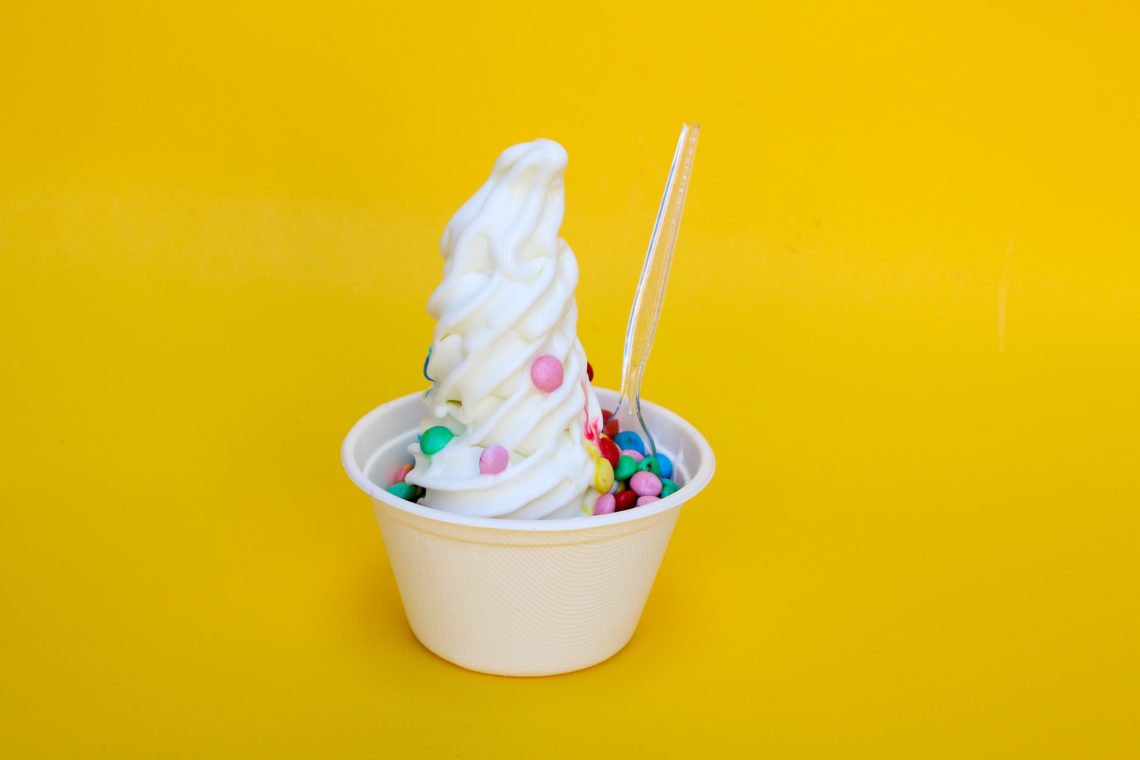I was going to write about The Good Place but decided not to write about The Good Place because you can’t write about The Good Place without hella spoilers but then I binged season two and was, like, I gotta write about The Good Place so:
HERE THERE BE SPOILERS Like, all the spoilers.
As you are probably aware by now Netflix is my go to. I had The Good Place, TGP, on my list for months before I decided to watch it. Once I started I couldn’t stop. I ended up watching the whole season in a matter of days. Before I watched I knew nothing about it beyond the Netflix (No, I am not getting paid by Netflix for saying Netflix. Really.) blurb. So after watching the first season I was surprised, nay, SHOCKED to find out this is a network (NBC) tv show.
The show’s showrunner, Mike Shur, has a whole list of bona fides under his belt including Brooklyn 9-9, Parks and Recreation, and The Office. Full confession. Of those three the only one I’ve enjoyed is Brooklyn 9-9. The others are great shows, but I tend to be sensitive to certain types of humor. Brooklyn 9-9 is incredible, though. The way it casually disrupts ALL the stereotypes, addresses some deep issues, but is still funny in a very slapstick way is fantastic.
TGP focuses on Eleanor Shellstrop (Kristen Bell), a woman who wakes up to find herself in the afterlife. She’s both relieved and surprised that she’s made it into the Good Place. The Good Place’s architect Michael (Ted Danson) welcomes her to the Heaven-like utopia in reward for her righteous life. Eleanor almost instantly realizes she’s there by mistake and figures out that the only way to avoid the Bad Place, a more traditional Hell, is to try to become a better person. Fortunately her soul mate Chidi Anagonye (William Jackson Harper) was a moral philosophy professor in life. Her fellow residents in The Good Place, Tahani (Jameela Jamil), Jason/Jianyu (Manny Jacinto), and the embodiment of all knowledge, Janet (D’Arcy Cardena), all help and complicate the mission.
At the end of the first season Eleanor realizes that the four of them are actually in The Bad Place and that Michael is a demon who’s been torturing them the whole time. Michael erases their memories and sets up the second season to be a repeat of the first. Instead the whole premise is abandoned after a scant handful of episodes that cover over eight hundred reboots. New alliances are made, characters redeveloped, and things occur that leave you wondering what the hell is happening much less what the content creators will come up with next. I think the second season is quite possibly better than the first.
Some areas could be better. There is no sexual chemistry between Chidi and Eleanor, or any of the random hook ups that have occurred on the show. Except perhaps between Mindy St. Claire and the construct that is Derek. Not that the characters don’t have deep connections, but the connections definitely feel like friendship rather than romantic love. After all, friendship is love. Often a love that lasts through the treachery of family and flightiness of romance. Back to Chidi he, the moral heart of the show, was born in Nigeria and raised in Senegal. But his philosophy is adamantly Western. I mean, he’s a Kantian. No wonder he gets stress stomachaches all the time. It would be nice to see the show pull more from non-Western philosophies. Especially some African ones.
Too often in storytelling the grittiness of change is glossed over for the story arc. Change is hard. Change is messy. Change can be confusing, painful, joyful- often all at once. Changing ourselves is even harder. Significant internal change involves a lot of complicated feelings, debate, disagreement, uncertainty, and old fashioned leaps of faith. Real change involves failure. It’s two steps forward and one step back. It’s making mistakes and learning from them. It’s recognizing sometimes a part of us must die before another part can come to life.
That’s before you add anyone else to the mix. And adding people to the mix is important. Necessary. It is often people who propel us into making the decision to get better, do better and be better. The Good Place is insightful, audacious, hysterically funny, and at its core it is a story of a group of people trying, sometimes succeeding and at others failing, to be better. To change. That’s what makes it great.
